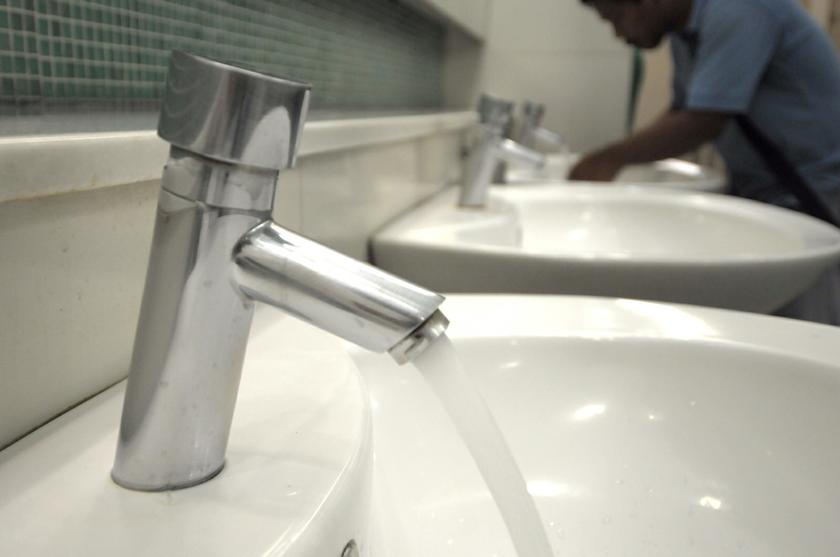MELAKA, Feb 12 — Melaka has been rationing water since January 29 to ensure it could meet the demands for supply in the current hot and dry season, which is expected to prolong until the end of next month.
In fact, the water supply issue was foreseen way back in 2016 when then Chief Minister Datuk Seri Idris Haron was reported as saying that the proposed Jernih Dam in Alor Gajah needed to be ready by 2018 to avoid this problem, but unfortunately the dam has yet to be built.
State Works, Transport and Public Amenities Committee chairman Datuk Mohd Sofi Abdul Wahab said the failure of the previous government to build the dam should serve as a reminder of the need to strengthen water security in the state.
In this connection, the current Melaka government has implemented various measures to boost water security to provide for more effective water management as a remedy to the water supply problems affecting consumers in the state.
“We are not pointing the finger at anyone but just stating the fact that the previous government should have embarked on the (Jernih) dam project in 2016 so that by 2018 we would have been ready to face the water supply problem. Whatever it is, we decided to move on, (and) last year we revived it with the hope this can strengthen water security in the future,” he told Bernama.
The Jernih Dam project was cancelled by the Barisan Nasional federal government in 2017 but realising its importance, the federal administration under Pakatan Harapan approved it on Oct 31 last year.
The Melaka government is now finalising the tender process for the RM163 million project but RM36 million more is needed as an additional allocation for the proposed dam. Construction of the dam is expected to take 30 months and building works will begin once the tender process is completed.
Mohd Sofi said apart from building the dam, cooperation with the neighbouring states of Johor and Negri Sembilan is important to boost water security, adding that Melaka now draws raw water from Sungai Muar in Johor.
“From time to time we have had agreements to buy treated water from Negri Sembilan and we are discussing the possibility of purchasing bigger volumes. We are also in discussions to get raw water at the border, like Sungai Rembau to Sungai Linggi,” he added.
He said the state government was looking into ways to use lakes including Tasik Chinchin in Jasin as storage ponds as had been successfully done for Tasik Ayer Keroh, apart from the off-river storage facility in Tasik Biru, also in Jasin.
However, Mohd Sofi said the state government’s efforts alone were not enough to enhance water security and that the people should do their part by helping to check pollution at water sources, including in Sungai Melaka and Sungai Kesang.
Melaka has been buying raw water from Johor via Sungai Muar since 1991, with the daily volume increased from 160 million litres to 220 million litres in August last year but not all of it could be pumped to the Durian Tunggal Dam because of pollution in Sungai Kesang.
“Sungai Kesang is polluted by industrial, agricultural and oil palm activities upstream which make the water acidic with readings of PH 3 to 4. So, we have to use the Sungai Muar water to neutralise the water in Sungai Kesang,” he said.
Asked on proposals to use the latest technology such as desalination to boost water security in Melaka, Mohd Sofi said every technology should be assessed in terms of its cost effectiveness.
“Desalination is costly but gives a low output. We do not want a situation where the people to have bear high water bills because of such high costs. However, we are looking into technology like portable water treatment plant and tube wells.
“We are also facing constraints like drop in underground water (levels) and lack of effectiveness in meeting demands through delivery by water tankers. It is better to raise awareness on water security to ensure adequate water supply now and in the future,” he added. — Bernama



















